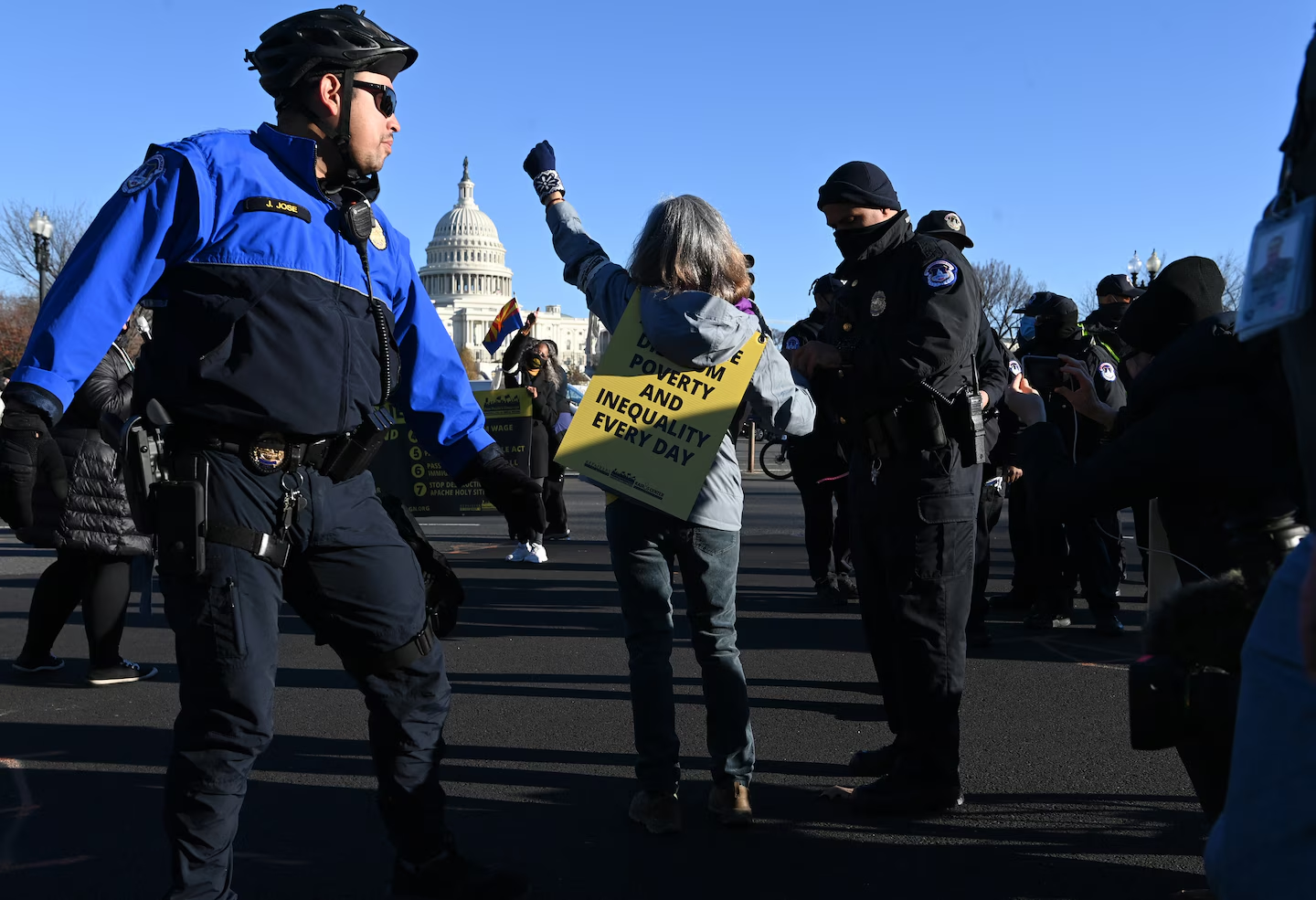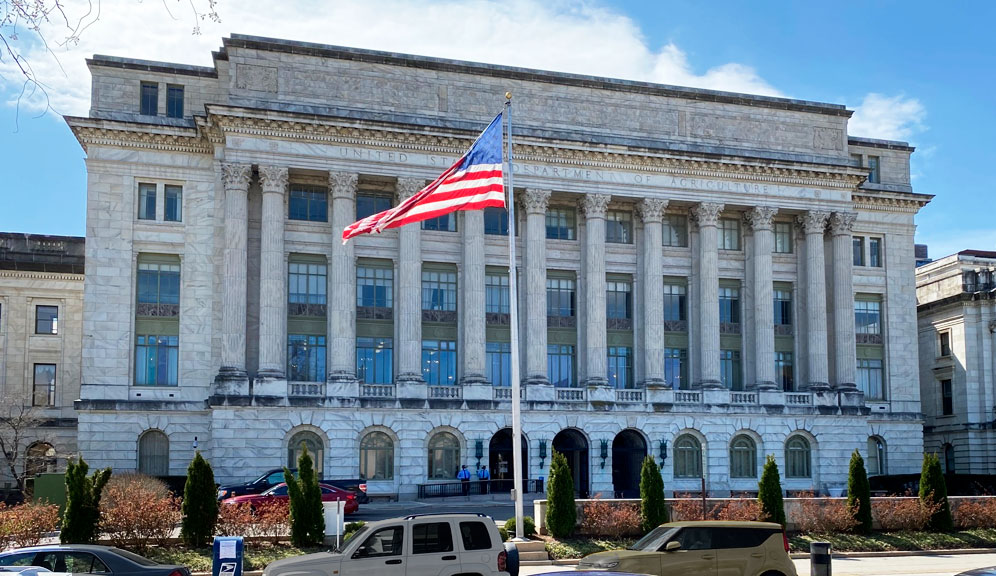New Immigration Plan Unveiled
In a startling revelation, President Donald Trump recently announced plans for a temporary pass for immigrant farmworkers, claiming it would protect long-term employees from ICE raids. However, this proposal comes amidst a backdrop of confusion and conflicting statements from the administration regarding immigration enforcement in the agricultural sector.
Economic Impact on Farmers
Trump"s statements on Fox News underscore a critical issue: the ongoing labor shortages faced by farmers due to stringent immigration policies. The agriculture industry is heavily reliant on immigrant labor, and according to research, many smaller farms are particularly vulnerable to the repercussions of these policies.
Farmers have been vocal about the devastating consequences of ICE raids that disrupt their operations, as Trump himself noted when he described how workers who have dedicated years to their jobs are suddenly taken away. This not only jeopardizes the livelihoods of these workers but also threatens the economic stability of farms that are already struggling to compete in a market fraught with challenges.

More than 70 people arrested in U.S. Capitol protest for low-wage ...
Temporary Pass or More Confusion?
The proposed temporary pass raises more questions than it answers. While Trump insists that this would give farmers some control over their workforce, the reality is that the administration has oscillated between enforcing strict immigration laws and providing temporary relief. As reported by NPR, recent ICE actions have led to a resumption of raids in the agriculture sector shortly after a temporary pause. This pattern of inconsistency creates an environment of fear and uncertainty for workers and employers alike.
Workers Face Increased Vulnerability
Immigrant farmworkers, who already navigate a precarious existence, are left in a position of heightened vulnerability. The push for accountability in labor practices is paramount, as workers often face exploitation and poor working conditions. According to analysis of U.S. immigration policies, the impact of enforcement efforts has led to reduced immigrant presence and lower wages for all workers in the sector.
The idea that farmers can vet their workers to prevent criminal activity is a flawed premise that overlooks the systemic issues of exploitation and fear that permeate the agricultural labor force. It"s essential to recognize that these workers are not criminals; they are essential contributors to the economy who deserve protection and respect.

Their first day of school turned into a nightmare after record ...
Government’s Dual Agenda
The contradictory messaging from the Trump administration reflects a broader dual agenda: to appease the agricultural sector while simultaneously maintaining a tough stance on immigration enforcement. The Department of Homeland Security has reiterated its commitment to enforcing immigration laws, leaving many to question whether this temporary pass is merely a distraction from ongoing raids and deportations.
While Trump claims to prioritize the needs of farmers, the reality is that his administration"s actions continue to undermine the very workforce that sustains the agricultural industry. Providing a temporary pass does little to resolve the root issues of labor shortages and exploitation in the system.
Call for Comprehensive Reform
What is needed is comprehensive immigration reform that acknowledges the vital role of immigrant workers in the agricultural sector. Policies should focus on providing pathways to citizenship, enhancing labor protections, and ensuring that farmers have access to a stable workforce without the threat of sudden raids. This requires a shift away from punitive measures towards support for the workers who are the backbone of our food system.
The ongoing debate around immigration and labor rights must center on the voices of those most affected by these policies. Farmworkers deserve to be recognized as essential members of our society, deserving of dignity, respect, and the rights to fair wages and safe working conditions.

Visit NIFA | NIFA

![[Video] Federal officers deploy sting balls and flash grenades at Whipple Building](/_next/image?url=%2Fapi%2Fimage%2Fthumbnails%2Fthumbnail-1768340555229-vhfcc-thumbnail.jpg&w=3840&q=75)
![[Video] Crowd-control weapons used in Minneapolis as anti-ICE protesters attack police vehicle](/_next/image?url=%2Fapi%2Fimage%2Fthumbnails%2Fthumbnail-1768336302231-akxf7s-thumbnail.jpg&w=3840&q=75)

![[Video] Protests erupt in Minneapolis after ICE detains teenager, multiple arrests made](/_next/image?url=%2Fapi%2Fimage%2Fthumbnails%2Fthumbnail-1768331835371-z9ylqg-thumbnail.jpg&w=3840&q=75)


![[Video] Gunfire between Iraqi security forces and Sadr militias in Baghdad](/_next/image?url=%2Fapi%2Fimage%2Fthumbnails%2Fthumbnail-1768343508874-4redb-thumbnail.jpg&w=3840&q=75)
